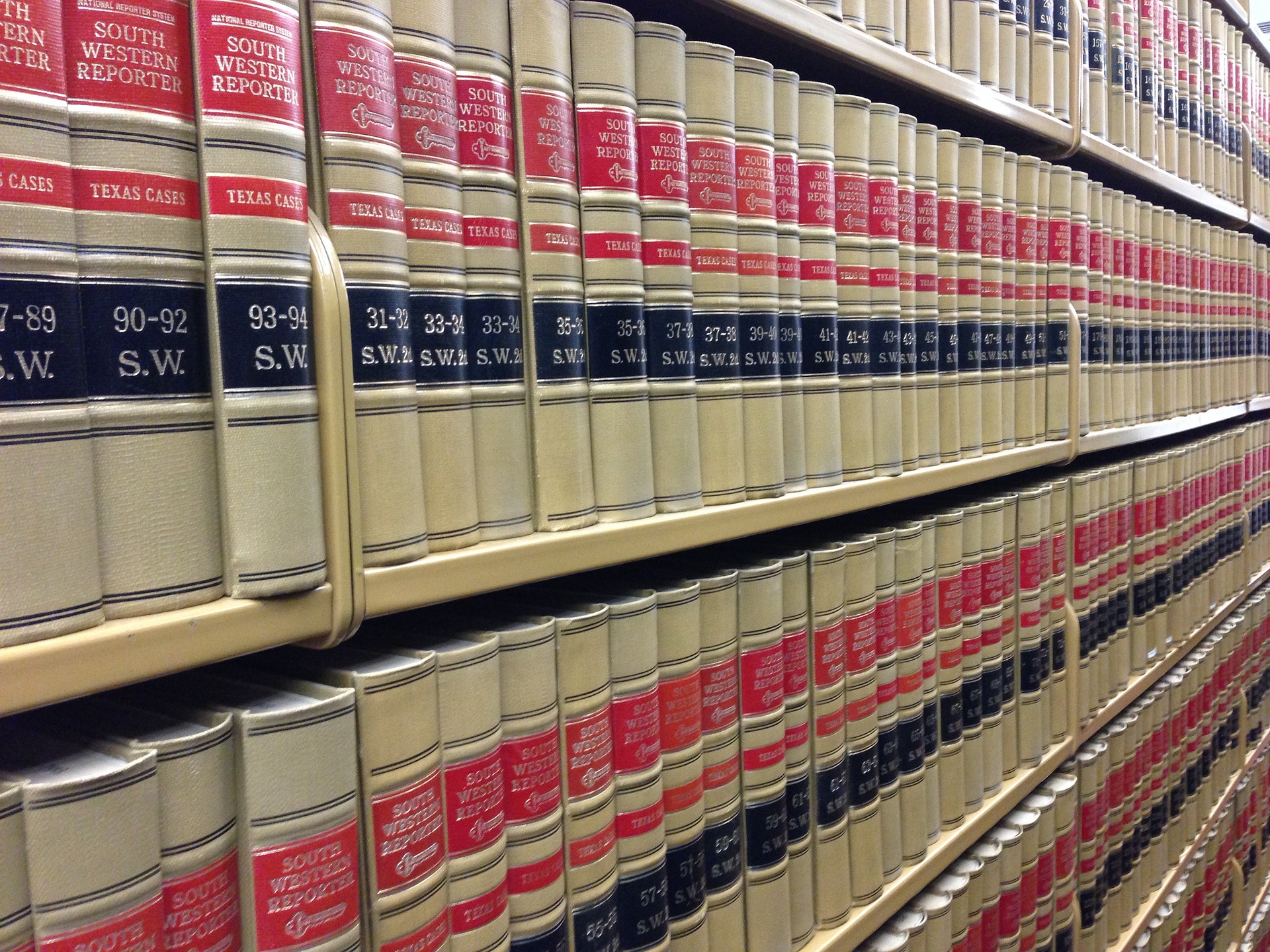I am currently reading a new biography of Abraham Lincoln which attempts to explain the apparent contradictions as to his personal feelings and motivations on the slavery issue. And There Was Light – Abraham Lincoln and the American Struggle by John Meacham. Although the biography is beautifully written, it seeks to superficially account for Lincoln’s contradictory positions on the status of enslaved people by citing books he may have read as a child, a minister’s sermon – you get the picture. Unfortunately, I think the author entirely misses the point as I will explain shortly.
This pondering by historians as to the alleged contradictory statements of former Presidents finds its true expression in the life of Thomas Jefferson. Entire treatises are devoted to explaining away why the author of the Declaration of Independence who expressed the universal sacrament that “all Men are created equal”, failed to include enslaved people in the same category – let alone women. In an effort to lower the shock level, I will not recite Jefferson’s incredibly inflammatory racial statements about the enslaved people at the time. The key inquiry is to ponder why such amazing intellects failed to appreciate the universal concept that equality applies to all.
Different explanations are offered for Jefferson’s apparent deficiency but often conclude with the nebulosity of a question mark. His mind has been compared to the mystery of the sphynx and the temporality of Mona Lisa’s smile. Those who take a binary position, judge, and convict Jefferson by contemporary standards.
I will now offer what appears to be an entirely unique explanation which has not appeared in the popular and more technical biographical accounts. Although these authors have examined their subjects from the historical norms of the day, sociology, and even psychological aspects, they miss the critical point that only a lawyer would perceive. That’s the point, only a lawyer thinks and views the world as lawyers. BTW, both Jefferson and Lincoln were lawyers of the first degree.
The mentality and thought process of lawyers is decidedly different than anyone else. Just ask any struggling law student during their first year. The process of legal education is engineered to tear one’s intellect from its logical moorings and introduce the pivotal concept of advocacy which is often infused through the so-called Socratic method. The point is that law students and the finished product are trained to suspend logical precepts and view any fact pattern from the standpoint of fabricated variables to prove a point.
As a contemporary example, I am in the process of filing a lawsuit against a major municipality in Texas but must negate a defense known as “Sovereign Immunity” wherein the government in the spirit of the English Kings of Old declares itself immune to lawsuits. After sifting for gold, I found a loophole which should do the trick and am so excited about this new angle that I have suspended disbelief that I might lose! In my advocacy world, very much like a Jurisprudence version of Alice in Wonderland, I have concocted an alternative universe where Texas cities can be sued.
A more mundane explanation which supplies the solution to the Jefferson alleged quagmire has to do with what lawyers refer to as “defined terms”. What that means is that certain words or terms in a contract have a preset meaning that never changes. You usually put the defined term in caps with parentheses. A simplistic example would be the term “Damages” which might (in a specific contract) refer to economic and not personal injury. Consequently, whenever you see the word “Damages” in that specific contract, it always means what it was defined to be – here economic damages and not personal injury.
My explanation for the apparent malfeasance of Jefferson’s failure to include African Americans in the definition of “Men” as in “all Men are created equal” – is that the word “Men” to him was simply a defined term that only applied to white males. I know that may sound offensive to contemporary readers, but I adamantly believe that to be the case. Since his literal understanding of the defined terms “Men” was equal to white males, he had no reason in the legalistic myopic thought process of lawyers to ponder or worry why any other group was not included. It just wasn’t. That simple. After all, the Declaration of Independence, was fundamentally a contract, and nothing else. Contracts have defined terms.
Moreover, if there was any ambiguity as to why Jefferson excluded enslaved people, one would look at the legal circumstances of the use of that defined term “Men” in other legal documents. Like it or not, in 1776, enslaved people were considered personal property at law and in a myriad of published legal decisions which can be accessed online to this day. Slaves were considered to have the status of an agricultural implement, no better than a plow. Moreover, the courts gave rights to creditors to lend money against enslaved people the same way we now finance a car. If the slave moved to a different location, the security interest followed.
I know this may be shocking to contemporary readers, but that was the mindset of Jefferson in 1776. In his gray matter and almost anyone else at the time, there was no conflict between harboring racist views and divining the universal language of freedom for all “Men”.
Consequently, when one views Jefferson through the lens of jurisprudence and lawyer mentality, there is no conflict to reconcile.
All of this is not to say that by contemporary standards, the restrictions on the application of the defined term “Men” were wrong. However, this exercise is erroneous, contradictory, and will never explain the motivations of Jefferson, Lincoln, or anyone else.
From my own perspective, I abhor racism in any form and celebrate the expansion of legal rights to everyone including African Americans, women, marginalized communities, and anyone else. I would even expand legal rights to animals and Artificial Intelligence!
However, we should not judge our forebears for apparent lapses in judgment which never existed. If this sounds confusing, ask any lawyer, but make sure you are not charged for the initial consultation.
Finally, I will offer up a more detailed essay regarding the contradictory statements and beliefs of Lincoln in a subsequent blog.
Stand by!


